|
|
|
|
14th COGNO Annual Scientific Meeting
Reconnecting Neuro-Oncology
Sunday 16th October - Tuesday 18th October 2022
Hilton Brisbane, Queensland, Australia
INTERNATIONAL SPEAKERS
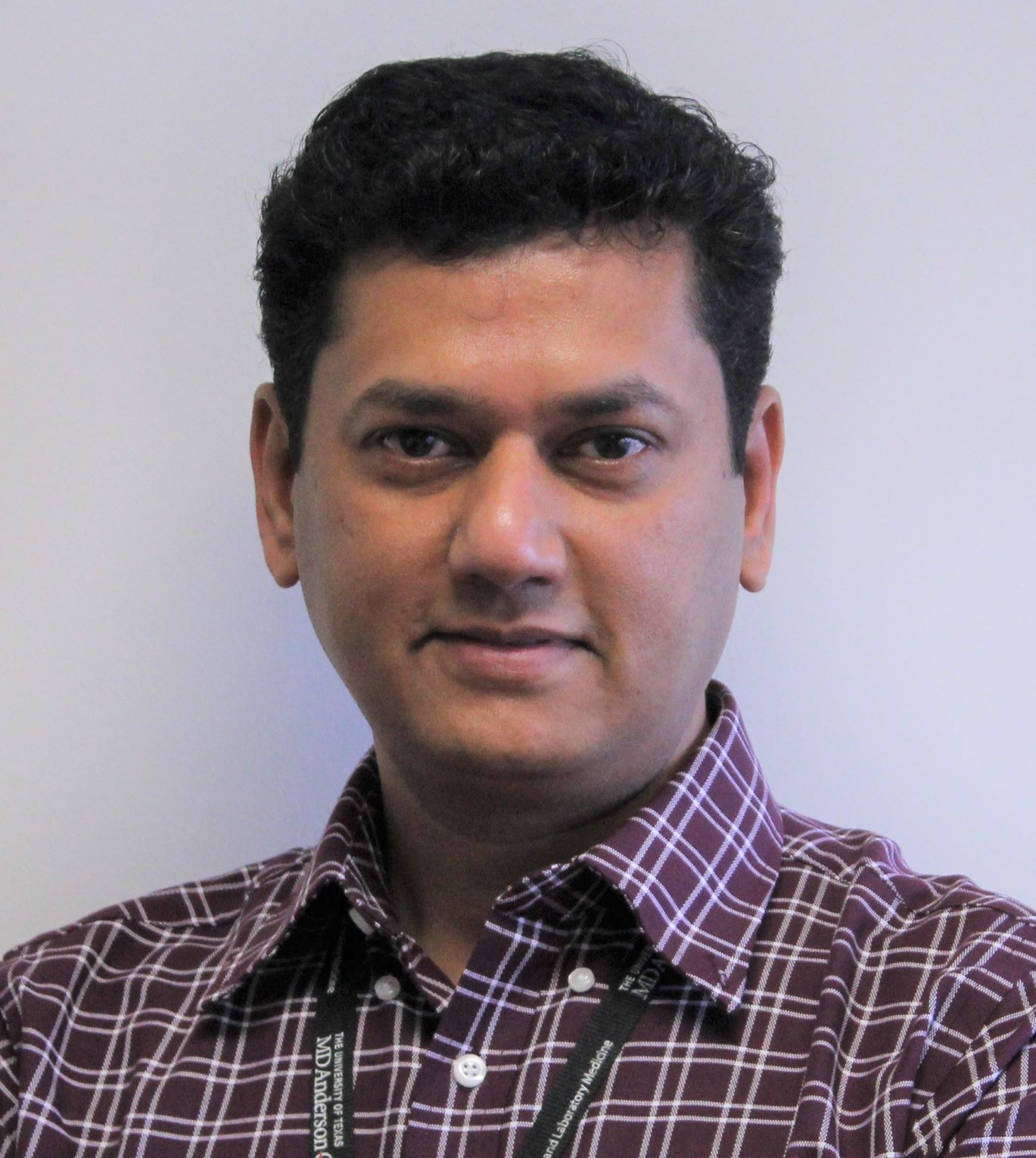 Associate Professor Krishna Bhat PhD (presenting in person) Associate Professor Krishna Bhat PhD (presenting in person)
Dr Krishna Bhat is an Associate Professor in the department of Translational Molecular Pathology at the M.D. Anderson Cancer Center. His laboratory is mainly interested in designing novel molecular targets and diagnostic approaches for brain cancers with a focus on glioblastoma. Recently he is utilizing single cell technologies to decipher the brain tumor microenvironment and using this knowledge to design novel immunotherapies for GBM. Aside from overseeing a NIH funded laboratory, he has extensive leadership experience. He is a member of the Brain Tumor Center Executive Committee, Project Leader in the M.D. Anderson Moon Shots Initiative, and a Co-Mentor and Chair of steering committee for the T32 NCI Training Program in Translational Genomics and Precision Medicine Approaches in Cancer. He is also leading initiatives within the Cancer Neuroscience Program at MD Anderson.
|
Professor Veronica Chiang MD FAANS (presenting in person)
Dr Chiang is currently Professor of Neurosurgery and Radiation Oncology at the Yale University School of Medicine. She became director of the Yale New Haven Hospital Gamma Knife Center in 2006 and helped establish the national indications in the US for radiosurgical management of multiple brain metastases. In collaboration with colleagues in radiation oncology and medical oncology, she now leads the Multidisciplinary Brain Metastasis Management Program at Yale. Her areas of research include (1) establishing the role of radiosurgery in the context of various systemic therapies in the treatment of brain metastases (2) understanding the underlying pathophysiology, risk factors and management of radiation necrosis and (3) developing novel techniques for differentiating tumor failing local and/or systemic therapy versus adverse inflammatory treatment effects. Dr Chiang also leads the neurosurgical field in the development of the use of laser interstitial thermal therapy for treatment of brain metastases failing radiosurgical treatment and radiation necrosis.
|
|
Dr Frank Saran MD FRCR (presenting in person)
(Courtesy of The Brain Cancer Group)
Dr Saran is one of the most senior radiation oncologist in New Zealand and has nearly 3 decades of experience managing paediatric patients and adult patients with rare cancers. His academic focus has been the technical development of new radiation therapy techniques as well as novel systemic treatments in combination with radiotherapy focussing both on improving survival as well minimising treatment related side effects.
Dr Saran graduated at the University of Düsseldorf in Germany in 1992 and completed his training as clinical oncologist/radiotherapist in Germany. This was followed by a clinical research fellowship at the Royal Marsden Hospital in London under the supervision of Prof Mike Brada and Prof Ross Pinkerton focussing on precision radiotherapy techniques and stereotactic radiosurgery. He was appointed as Consultant Clinical Oncologist at Velindre Hospital Cardiff (UK) in 1998, the Royal Marsden Hospital London (UK) in 2001 and Auckland City Hospital Auckland (NZ) in 2018 where he is currently the tumour-stream lead for paediatric patients and adult CNS tumours.
The academic focus of his career has been on precision radiotherapy including Image Guided Stereotactic Radiotherapy, Radiosurgery and novel/experimental treatments. As Head of the Neuro-Oncology Unit at the internationally leading Royal Marsden Hospital in London and Honorary Senior Lecturer at the Institute of Cancer Research (the largest comprehensive cancer centre in Europe) he directed for many years a large dedicated research team. Dr Saran has been the Chief or Principle Investigator of many phase 1, 2 or 3 clinical trials - a role which he maintains after his move to Auckland. He has published over 120 peer reviewed research articles in academically highly rated journals including the New England Journal of Medicine, Journal of Clinical Oncology, International Journal of Radiation Oncology Biology and Physics etc. In addition he has written over a dozen text book chapters reflecting his internationally recognised expertise.
Dr Saran has been a recognised national and international speaker and has been invited to give many keynote lectures at worldwide meetings. Professionally he has as well been a core member for a number of UK national guideline and commissioning groups convened by the National Institute of Clinical Excellence (NICE) and NHS England (NHSE).
|
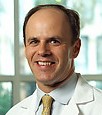 Dr Mark Bilsky MD (presenting virtually) Dr Mark Bilsky MD (presenting virtually)
Mark Bilsky is an Attending Neurosurgeon at Memorial Sloan Kettering Cancer Center and Professor of Neurological Surgery at Weill Medical College of Cornell University. He holds the William E. Sneed Endowed Chair for Neurosurgical Spine Oncology and is Chief of the MSKCC Multi-disciplinary Spine Tumor Service.
Dr Bilsky’s clinical practice is focused on the surgical treatment of both metastatic and primary malignant and benign spine and spinal cord tumors. He developed the NOMS-decision framework in order to provide a basis for the rational integration of new technologies and evidenced-based medicine into the treatment of metastatic and primary spine tumors.
Dr Bilsky has published more than 230 peer-reviewed articles and delivered over 400 lectures worldwide on the management of spine and skull base malignancies. He has served on multiple editorial boards including Journal of Neurosurgery: Spine, Neurosurgery, and the Annals of Surgical Oncology. Dr Bilsky has won numerous awards including the Willet F. Whitmore Award for clinical excellence at MSKCC.
|
|
AUSTRALIAN SPEAKERS
|
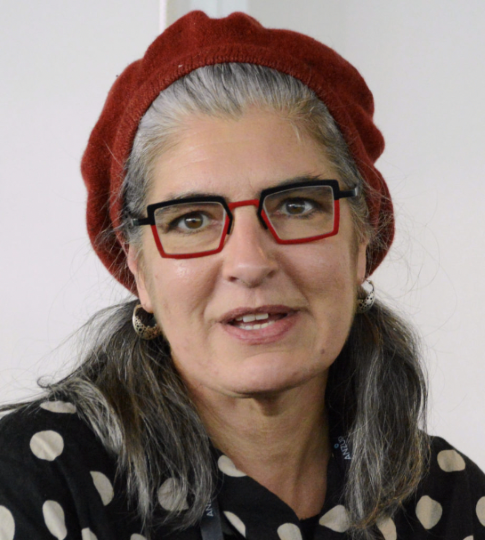 Associate Professor Haryana Dhillon Associate Professor Haryana Dhillon
A/Prof Haryana Dhillon (BSc MA PhD) is a Senior Research Fellow, who co-leads the Survivorship Research Group and is a Director of the Centre for Medical Psychology and Evidence-based Decision Making, School of Psychology, University of Sydney.
Haryana has more than 25 years experience in cancer clinical research across a range of investigator-initiated cancer clinical trials. Her research interests are broad encompassing cancer survivorship, health literacy, and interventions for survivorship, symptom management, and psycho-oncology. Haryana Chairs ANZUP’s Quality of Life and Supportive Care Subcommittee.
Haryana is passionate about rigor in research, practical solutions to tricky problems, and doing what she can to help humans make it to the 22nd century.
|
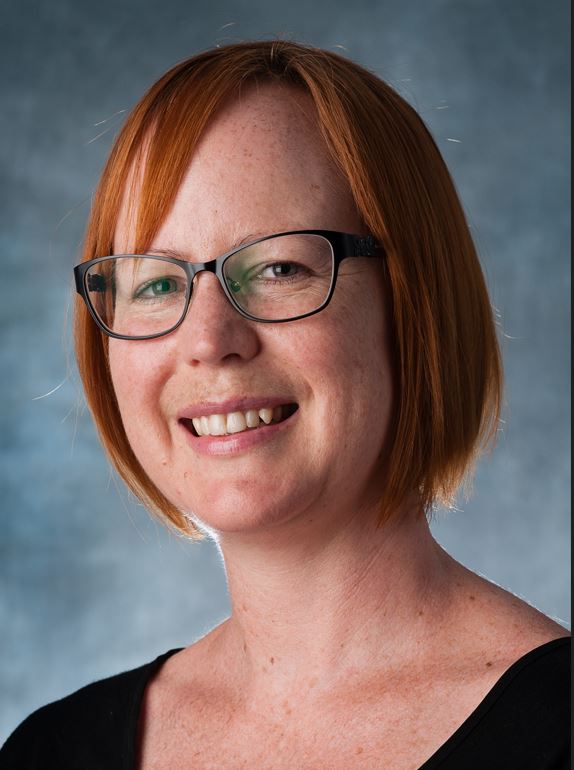 Associate Professor Lisa Ebert Associate Professor Lisa Ebert
A/Prof Lisa Ebert has spent ~25 years researching the immune system, cancer, and interactions between the two. She completed her PhD in 2002 at the University of Adelaide in the field of T cell migration and chemokine biology, and then undertook postdoctoral research positions at the University of Bern (Switzerland) and the Ludwig Institute for Cancer Research (Melbourne). During this time, she developed a focus on understanding how the immune system interacts with cancer, and using this knowledge to develop and improve cancer immunotherapies. In 2011, she returned to Adelaide as Senior Research Fellow at the Centre for Cancer Biology (CCB) – a unique alliance between the South Australian public health system and the University of South Australia.
A/Prof Ebert’s current research is focussed on developing innovative immune-based therapies for brain cancer, including CAR-T cells and bi-specific T cell engagers; and identifying factors which determine the success of checkpoint blockade immunotherapy in melanoma patients. These studies are conducted at the interface between laboratory and clinic, with close ties to the Royal Adelaide Hospital. Her research is currently funded by the NHMRC, Cancer Australia and several philanthropic organisations. She has >45 peer-reviewed publications in the immunology and oncology space, which have received >2,800 citations.
|
|
Professor Michael Fay
Photo / bio coming soon.
|
|
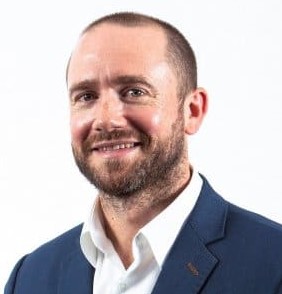 Associate Professor Matthew Foote Associate Professor Matthew Foote
A/Prof Matthew Foote is a Radiation Specialist with an interest in precision ablative treatment of malignant, benign and functional conditions. A/Prof Foote established and is Director of the Gamma Knife Centre of Queensland at the Princess Alexandra Hospital, Brisbane, and is the State Lead Radiation Oncologist for ICON Cancer Care. He has been instrumental in the uptake of specialised radiation therapy techniques nationally and has been internationally recognized for his services to the field of radiation oncology.
|
|
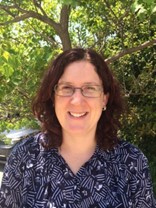 Associate Professor Georgia Halkett Associate Professor Georgia Halkett
Senior Research Fellow, Curtin School of Nursing / Co-led Cancer Domain, Curtin Health Innovation Research Insititute, Curtin University.
A/Prof Georgia Halkett’s program of research focuses on cancer patient’s and carers psychosocial and information needs, communication between health professionals and cancer patients and research in radiation therapy. She has been conducting research focusing on understanding and improving support provided to brain cancer patients and their carers for 15 years. Georgia currently holds a Cancer Council of WA Research Fellowship which is entitled “Improving psychosocial support and education for patients diagnosed with brain or head and neck cancer and their carers: A program of research testing novel interventions for patients and carers and translating them into practice.”
A/Prof Halkett completed her PhD in December 2005 at UniSA. She is a qualified radiation therapist and practiced as a radiation therapist at the Royal Adelaide Hospital until 2005. In 2007, Georgia received her Fellowship of the Institute of Radiography.
A/Prof Halkett has been successful in attracting NHMRC, Cancer Australia, Cancer Council WA and NBCF funding. To date, A/Prof Halkett has published 115 articles in International Peer Reviewed Journals. According to Scopus, she has been cited 1900 times overall. Her research has an h-factor of 24.
A/Prof Halkett is currently on the Management Committee for Cooperative Trials Group for Neuro-Oncology (COGNO) and a member of the Scientific Advisory Board of The Psycho-oncology Co-operative Research Group (PoCoG).
She is a Chief Investigator on the Brain Cancer Mission Survivorship funded BRAINS Program and previously led the Cancer Australia funded Care-IS trial which involved trialing a nurse-led intervention to support carers of patients diagnosed with high grade glioma.
|
|
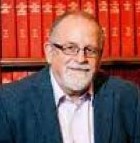 Emeritus Professor Wayne Hall Emeritus Professor Wayne Hall
Wayne Hall is Emeritus Professor at the National Centre for Youth Substance Use Research, the University of Queensland. He was Professor at the National Addiction Centre, Kings College London (2014-2019) and he has advised the World Health Organization on the health effects of cannabis use.
|
|
Professor Doug Hilton
Photo / bio coming soon.
|
|
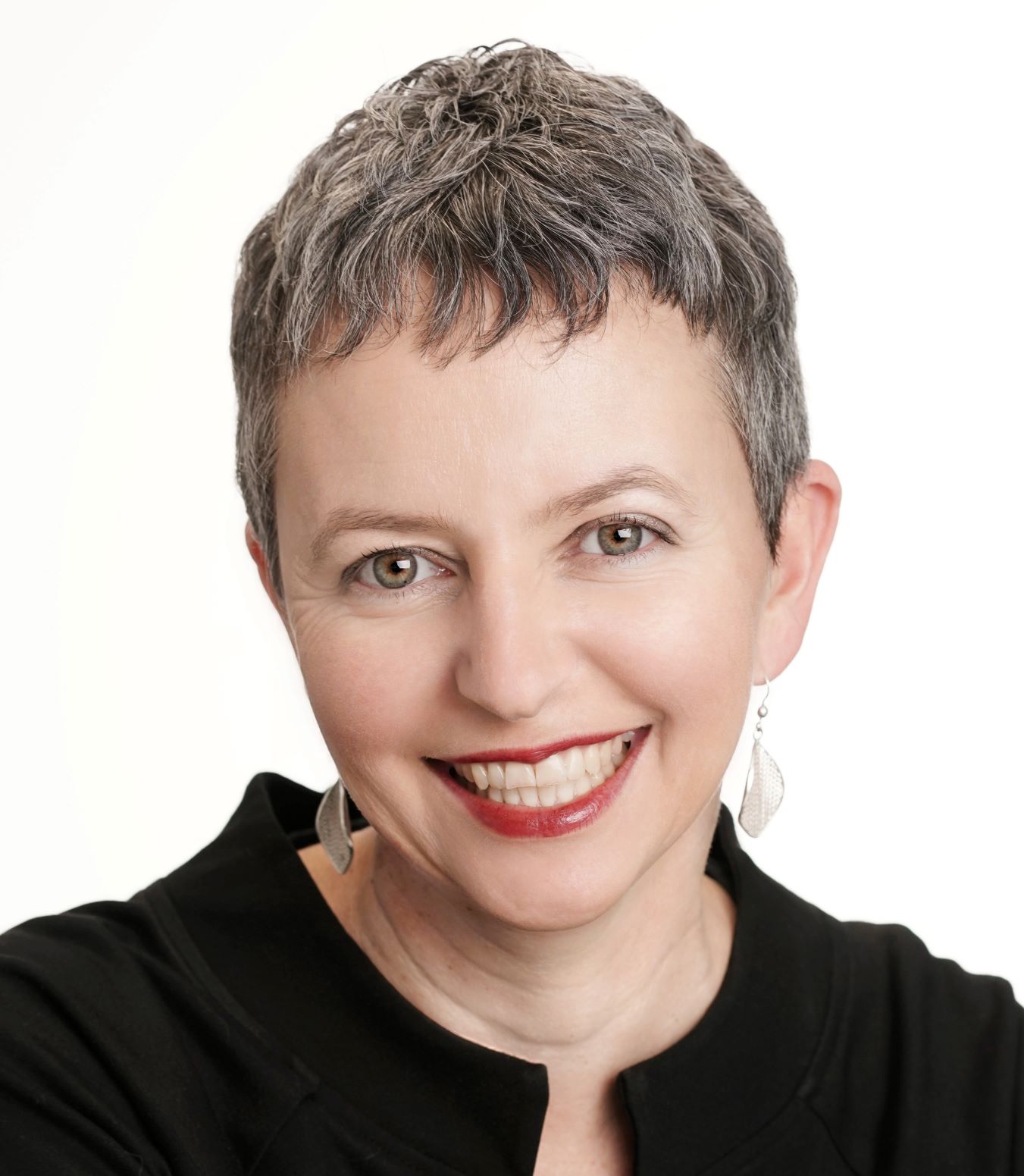 Ms Claire Howlett Ms Claire Howlett
Claire is the Deputy CEO of Cancer Australia, Australia’s national cancer control agency.
Claire is an experienced public sector leader who has worked across a broad range of policy, program delivery, regulatory and corporate roles.
Most recently, Claire led cancer policy advice for the Australian Government Department of Health, including delivering the three national cancer screening programs. Prior to that, she was responsible for delivering government services to the Indian Ocean Territories of Christmas and the Cocos (Keeling) Islands, which included overseeing one of Australia’s most remote health services.
Claire has advised government on issues ranging from biodiversity policy to energy efficiency. She has delivered natural resource management programs and regulated fisheries exports. Claire has also held the position of Chief Information Officer of an Australian Government department.
|
|
.jpg) Professor Terrance Johns Professor Terrance Johns
After completing his PhD in 1993 at Monash University, Prof Johns spent his first post-doc studying multiple sclerosis before moving to the Ludwig Institute for Cancer Research in 1998. While there he established the Oncogenic Signalling Laboratory where he developed mAb 806, a novel cancer-specific antibody that targets EGFR, that moved into Phase 3 clinical trials for brain cancer.
Prof Johns moved his lab to the Hudson Institute in 2008 where he continued working on new therapies for brain cancer. He was appointed Head of the Telethon Kids Institute Cancer Centre in 2017. In Perth, his laboratory continues to analyse the key signalling pathways associated with the growth of high-grade glioma in adults and children, with a focus on the development of new therapeutic strategies. Along with his Co-Directors Prof Johns recently established the Australian Brain Cancer Research Alliance (ABCARA); a national collaborative of Australian researchers and clinicians that will define, drive and deliver excellence in brain cancer research.
|
|
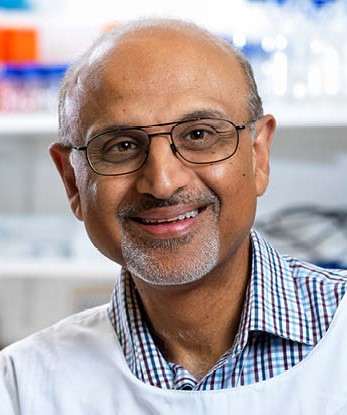 Professor Rajiv Khanna Professor Rajiv Khanna
Prof Rajiv Khanna is currently appointed as Senior Scientist at QIMR Berghofer and is also appointed as Honorary Professor at the University of Queensland and Griffith University, Brisbane, Australia. Prof Khanna is a Fellow of Australian Academy of Health and Medical Sciences and was awarded Order of Australia in 2017. He has extensive expertise in immunotherapy clinical trials, herpesvirus immunology and vaccine development. Over the last two decades, his group has successfully translated his research towards the development of novel T cell-based immunotherapeutic strategies for the treatment of transplant recipients and autoimmune diseases. Prof Khanna has been appointed as a consultant to Atara Biotherapeutics (US), CSL Ltd, Cellestis Ltd and Oxford Immunotech (UK) for the development of novel immunotherapeutics, diagnostic technologies and vaccines. He is also appointed on Scientific Advisory Board of Atara Biotherapeutics. Prof Khanna has been invited by various national and International organizations for expert advice on developing clinical guidelines and scientific review.
|
|
Professor Jennifer Martin
Photo / bio coming soon.
|
|
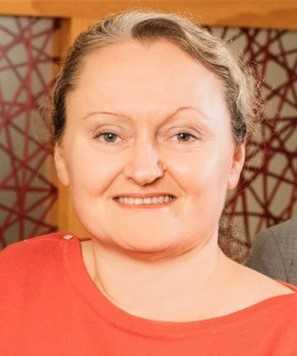 Professor Tamara Ownsworth Professor Tamara Ownsworth
Prof Tamara Ownsworth is the Research Director of The Hopkins Centre and Professor of Neuropsychology in the School of Applied Psychology at Griffith University. After her PhD she was awarded a NHMRC Post-Doctoral fellowship (2002-2006) at The University of Queensland. Her research interests broadly relate to psychosocial adjustment and rehabilitation of people with acquired brain injury, including brain cancer, traumatic brain injury and stroke. She has a particular interest in telehealth supportive care interventions and is currently evaluating psychological interventions for people with brain cancer and their families through projects funded by NHMRC and MRFF.
|
|
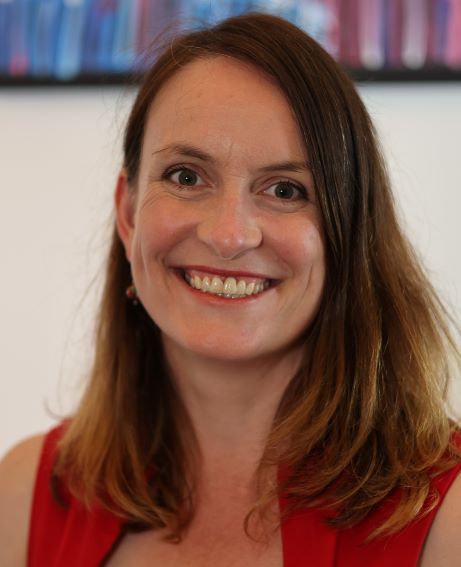 Associate Professor Kerryn Pike Associate Professor Kerryn Pike
A/Prof Kerryn Pike (DPsych (Clin Neuro) MAPS FCCN) is a Clinical Neuropsychologist and Associate Professor in the School of Applied Psychology at Griffith University, Gold Coast, Australia. She also holds an adjunct position at La Trobe University and works clinically in private practice. She is one of the founders of the LaTCH memory management group program, designed to improve the everyday memory of people with mild cognitive impairment. Dr Pike is particularly interested in translating evidence-based neuropsychological interventions into clinical practice and is an expert member of the Australian Dementia Network (ADNET) Cognitive Interventions Working Party, as well as Co-Chair of the International Neuropsychological Society (INS)’s Special Interest Group on Neuropsychological Interventions. She is leading the cognitive intervention arm of the Brain Cancer Mission Survivorship funded BRAINS program to examine the benefit of a group videoconference memory intervention for brain cancer survivors. In terms of research track record, Dr Pike has 58 papers in high quality journals within Psychology and Neuroscience, with high citation rates (>6400), and a book chapter. She has attracted > $6.5 million in research funding to date.
|
|
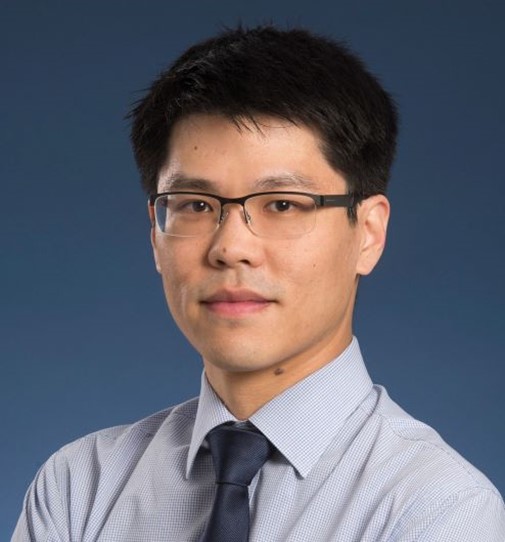 Dr Hao-Wen Sim Dr Hao-Wen Sim
Dr Hao-Wen Sim is the CTC Clinical Lead and Group Coordinator for COGNO, as well as the Chair of the COGNO International Clinical Research Subcommittee.
Hao-Wen contributes his subspecialty expertise and leadership in neuro-oncology and biostatistics. He received his medical degree with Honours from The University of Melbourne, being awarded the James Stewart Bequest for Surgery and inducted to the Margaret Whyte Honour Board. He completed his Master of Biostatistics from The University of Sydney, being awarded the Biostatistics Collaboration of Australia Star Graduate Award, Judy Simpson Biostatistics Scholarship, Les Irwig General Epidemiology Award and Australasian Epidemiological Association Top Student Prize. He also completed his neuro-oncology fellowship at The Princess Margaret Cancer Centre in Toronto, Canada. He is a Fellow of The Royal Australasian College of Physicians and a graduate biostatistician of the Statistical Society of Australia.
Hao-Wen currently works as a medical oncologist at The Kinghorn Cancer Centre and Chris O’Brien Lifehouse in Sydney. His research focus is the development and operationalisation of innovative neuro-oncology trials. He has received multiple research awards and peer-reviewed national funding.
|
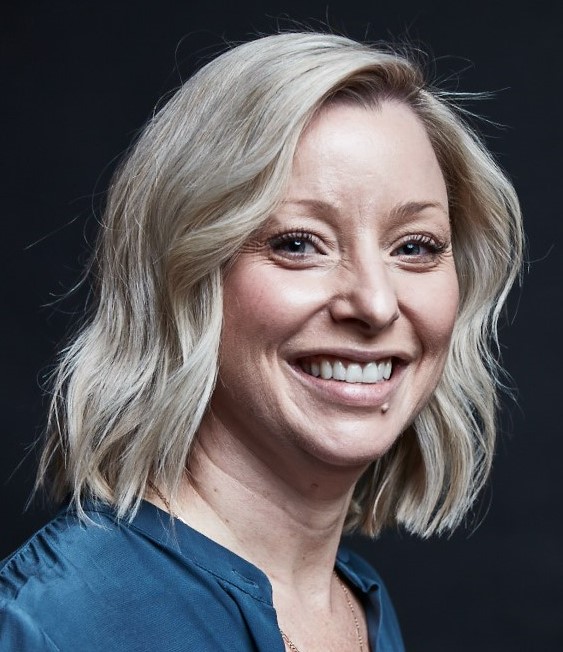 Dr Samantha Stehbens Dr Samantha Stehbens
Dr Stehbens is a Cell Biologist with an interest in understanding the fundamental mechanisms that regulate cell adhesion and the cytoskeleton. She has made key contributions to the fields of quantitative microscopy, cell motility, adhesion and the cytoskeleton with publications spanning multiple fields from ion channels in brain cancer, to growth factor signalling and autophagy in endometrial and breast cancer. Her research group aims to understand how cells integrate secreted and biomechanical signals from their local microenvironment to facilitate movement and survival. They have uncovered a novel role for the microtubule cytoskeleton in protecting cancer cells from rupture during 3D cell migration and invasion. Using patient-derived tumour cells, coupled to genetic alteration and substrate microfabrication, they use state-of-the-art microscopy to understand the fundamental mechanisms of cell migration with the aim of understanding how to better prevent cancer metastasis.
|
|
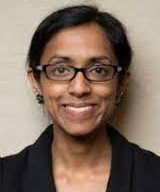 Dr Subotheni Thavaneswaran Dr Subotheni Thavaneswaran
Dr Subotheni Thavaneswaran is a Medical Oncologist at The Kinghorn Cancer Centre (TKCC) with clinical interests in neuro-oncology, colorectal cancers and clinical trials. Her research interests focus on genomic biomarkers and precision oncology. She is also a Senior Research Fellow at the NHMRC Clinical Trials Centre, Visiting Scientist at the Garvan Institute of Medical Research and Conjoint Senior Lecturer within the Faculty of Medicine, University of New South Wales.
She is passionate about translational cancer research and obtained her PhD from the University of New South Wales focusing specifically on the clinical translation of genomic output to inform oncology treatments. She was awarded an Australian Postgraduate Award and Australian Genomics Health Alliance top up scholarship to undertake the PhD and was one of Garvan’s 2020 Florey Next Generation Award Nominees.
As a core member of the Molecular Screening and Therapeutics (MoST) program she partakes in molecular tumour board meetings and is the Principal Investigator on several phase II clinical trials evaluating the clinical benefits of selecting therapies based on genomic targets identified through comprehensive genomic profiling.
|
|
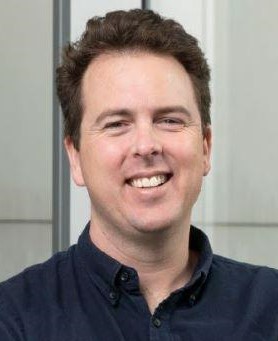 Dr James Whittle Dr James Whittle
Dr James Whittle is a Medical Oncologist in Neuro-oncology at the Peter MacCallum Cancer Centre and postdoctoral research fellow at the Walter and Eliza Hall Institute of Medical Research. He qualified in medicine at the University of Western Australia, and subsequently undertook specialty training in Melbourne at the Royal Melbourne Hospital, Peter MacCallum Cancer Centre and Box Hill Hospital. He completed his PhD at the Walter and Eliza Hall Institute focussing on understanding resistance to cell death in breast cancer.
His clinical and research interests include drug development and novel clinical trial design. Dr Whittle has a particular interest in Adolescents and Young Adults Neuro-oncology where he collaborates closely with Paediatric Neuro-oncology colleagues.
He is the Immediate Past Chair for the Young Oncologists Group of Australia (YOGA).
|
|
|
|
|
|
|